This is the second of
a two-course sequence in Anatomy & Physiology exploring the structure and function of the human body and
related homeostatic mechanisms.
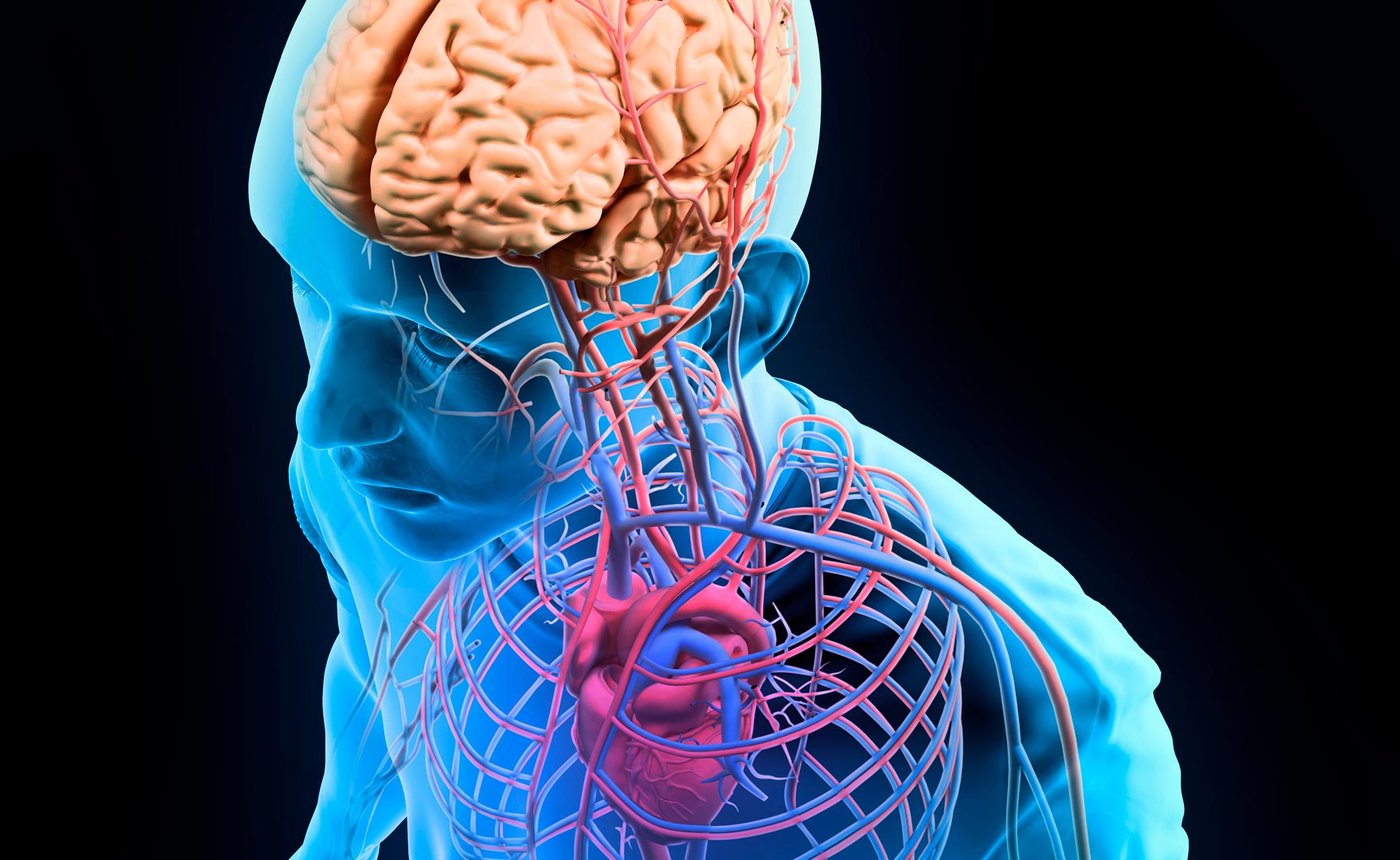
- Lecturer: Stephanie Russ Penn
This is an introductory, field-oriented course for non-science majors. It meets the General Education Science requirement for an associate degree at HLSCC. Students gain a practical understanding of ecosystems diversity on BVI. Saturday field sessions are scheduled throughout the semester. Students study the plants and animals that make up various habitats, including wet and dry forests, salt ponds, mangrove forests, scrub-land, sea grass beds, and coral reefs. (Prerequisites: all Pre-college Mathematics and English must be completed)
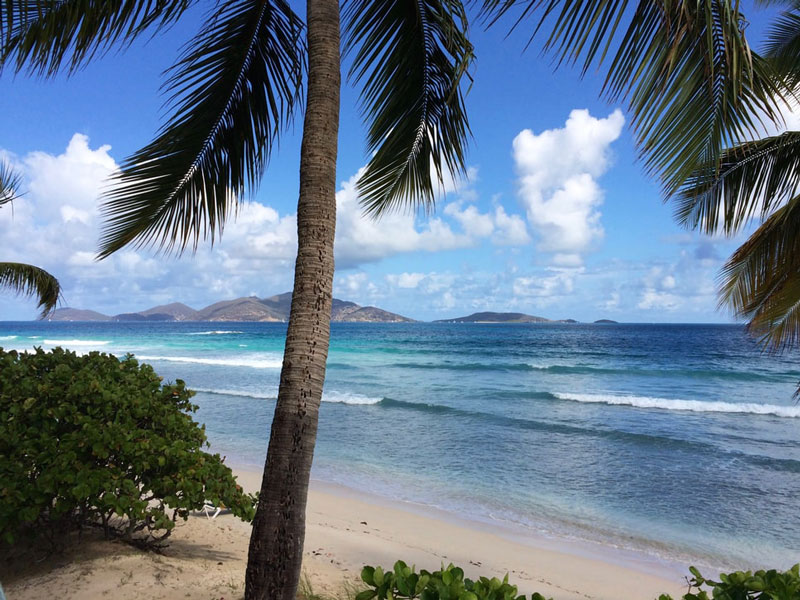
- Lecturer: Orville Phillip
This course provides basic science skills at the pre-college level in Biology, Chemistry and Physics. It is intended to provide a foundation for further studies in college-level science. Areas of study in Biology include classifications of living organisms, cells, energy and respiration, plants and photosynthesis, sexual and asexual reproduction and an introduction to DNA .In Chemistry, topics include atoms, molecules, chemical equations, empirical formula and moles. In Physics, students will focus on matter and energy, the solar system and electricity and magnetism. Laboratory exercises are designed to reinforce class lectures as well as to develop basic laboratory skills. (Prerequisite: High School Certificate Level B Pass/CXC Basic Pass in Integrated Science or Biology or Chemistry or Physics)

- Lecturer: Lenette Lewis
This course is the second semester of General Biology. Topics studied are comparative physiology of plants and animals, reproduction, development, biodiversity, ecology, and animal behaviour. The laboratory portion of this course affords students practical experiences in the topics covered in BIO 112. A variety of plants, invertebrate, and vertebrate animals are dissected in the laboratory. Areas of study include quantitative methods in ecology, experimental techniques, sampling methods, data analysis and report writing. (Prerequisite: BIO 100 or BIO110 minimum grade C)

- Lecturer: Lenette Lewis
- Lecturer: Orville Phillip
A continuation of CHE 110 Topics covered include water and solutions, acids and bases, oxidation and reduction, acid-base equilibria, solubility product equilibria, complex ion equilibria, chemical thermodynamics and kinetics, introduction to organic and nuclear chemistry. The laboratory portion of this course is a practical introduction to qualitative and quantitative (volumetric and gravimetric) analysis. (Prerequisite: CHE 100 or CHE 110 minimum grade C).
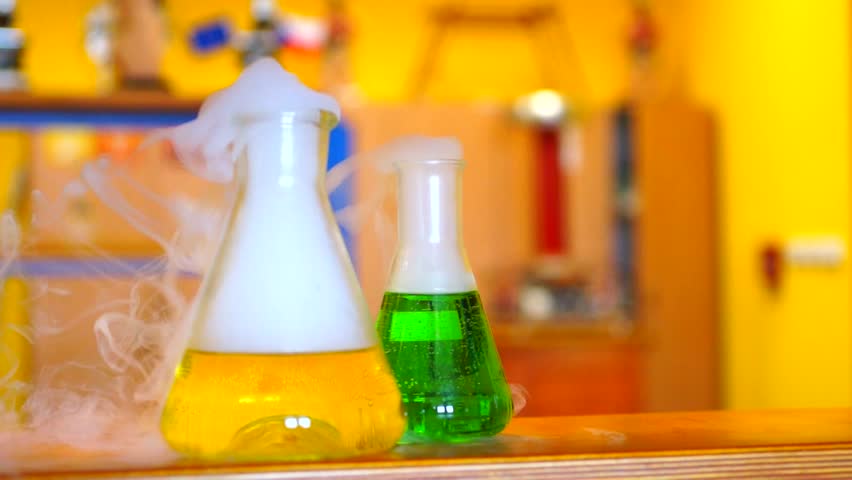
- Lecturer: Ayanna Hogan
This course (non-calculus based) introduces the student to mechanics (kinematics in one dimension, forces and Newton’s Laws of Motion, work and energy), heat and thermodynamics (temperature and thermal expansion, heat energy and phase changes, transfer of heat energy, the Ideal Gas Law and kinetic theory). Emphasis is placed on problem solving. (Prerequisites: SCI050 or High School Certificate Grade 1, Level A Pass in Physics or CXC Physics General Proficiency, Pass or GCE O' level Physics Pass, and MAT108, 110 or 115)
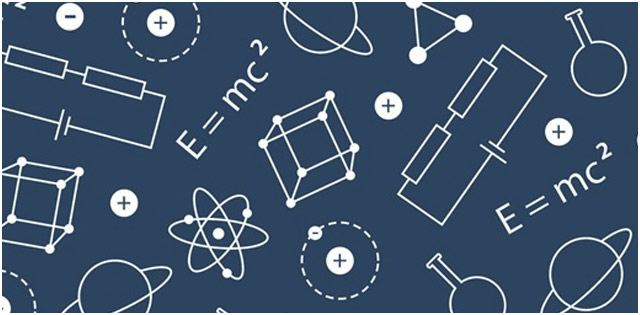
- Lecturer: Ivana Gomes
A continuation of PHY 110. Topics covered include waves and sound (principle of linear superposition and interference
phenomena), electricity and magnetism (electric forces and electric fields, electric circuits, electromagnetic induction, alternating
current circuits), light and optics (electromagnetic waves, reflection of light and mirrors), modern physics (particles and waves,
the nature of the atom). Emphasis is placed on problem solving. (Prerequisite: PHY110 minimum grade C)

- Lecturer: Ivana Gomes
The following course is designed to familiarize students with the functioning of the human body and the fundamentals of nutrition. The first part of the course will explore human physiology, including the functioning of the major systems and the mechanisms used by the body for defence against disease. Special emphasis will be on those diseases prevalent in the BVI. The second part of the course explores the fundamentals of nutrition and the ways in which nutrition affects health. (Prerequisites: all Pre-college Mathematics and English must be completed)

- Lecturer: Stephanie Russ Penn
The following course is designed to familiarize students with the functioning of the human body and the fundamentals of nutrition. The first part of the course will explore human physiology, including the functioning of the major systems and the mechanisms used by the body for defence against disease. Special emphasis will be on those diseases prevalent in the BVI. The second part of the course explores the fundamentals of nutrition and the ways in which nutrition affects health. (Prerequisites: all Pre-college Mathematics and English must be completed)

- Lecturer: Antonia Matthew
- Lecturer: Stephanie Russ Penn
This is an upper-level course for students concentrating in the natural sciences. Topics covered include basic oceanography, larval ecology, marine environments of the world, plankton communities, meiofauna, estuaries, salt marshes, mangroves, coral reef biology, reproduction of reef organisms, symbiosis, marine animal behaviour, mariculture, coastal resource management and fisheries biology. The laboratory portion of the course affords students practical experiences concerning topics covered in the classroom. Coral reef, sea grass, and mangrove communities are studied in situ as well as in laboratory aquaria. A research project on any aspect of tropical fisheries is required. (Prerequisites: a pass of C or higher in BIO 112, and completion or concurrent enrolment in MAT 113)
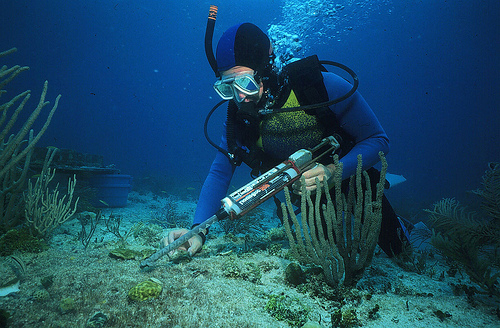
- Lecturer: Lenette Lewis
A continuation of CHE 210 Topics covered include alcohols, carbonyl compounds, aromaticity, electrophilic aromatic substitution, amines ethers, heterocyclic compounds. The laboratory portion of this course includes multi-step syntheses and an introduction to the spectrophotometric identification of organic compounds. (Prerequisite: CHE 200 or CHE 210 minimum grade C).
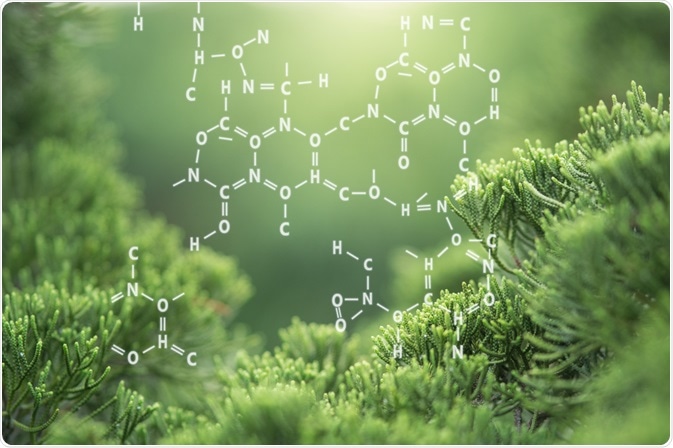
- Lecturer: Ayanna Hogan
This course will apply the skills and techniques needed to conduct independent research. You will have further opportunity to analyse scientific information and present scientific findings in written and oral format. The course will also include literature critiques and writing abstracts, referencing, and making presentations on various topics in the sciences and many activities that involve peer review and group work.(Prerequisite: Minimum grade C in BIO 102 or 112, ENG 104 and the completion or concurrent enrollment in MAT 113). Be ready to help the writing and presenting scientist in you to shine through.
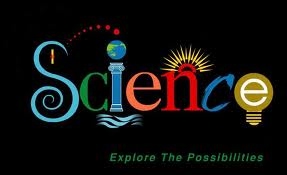
- Lecturer: Lenette Lewis
- Lecturer: Stephanie Russ Penn